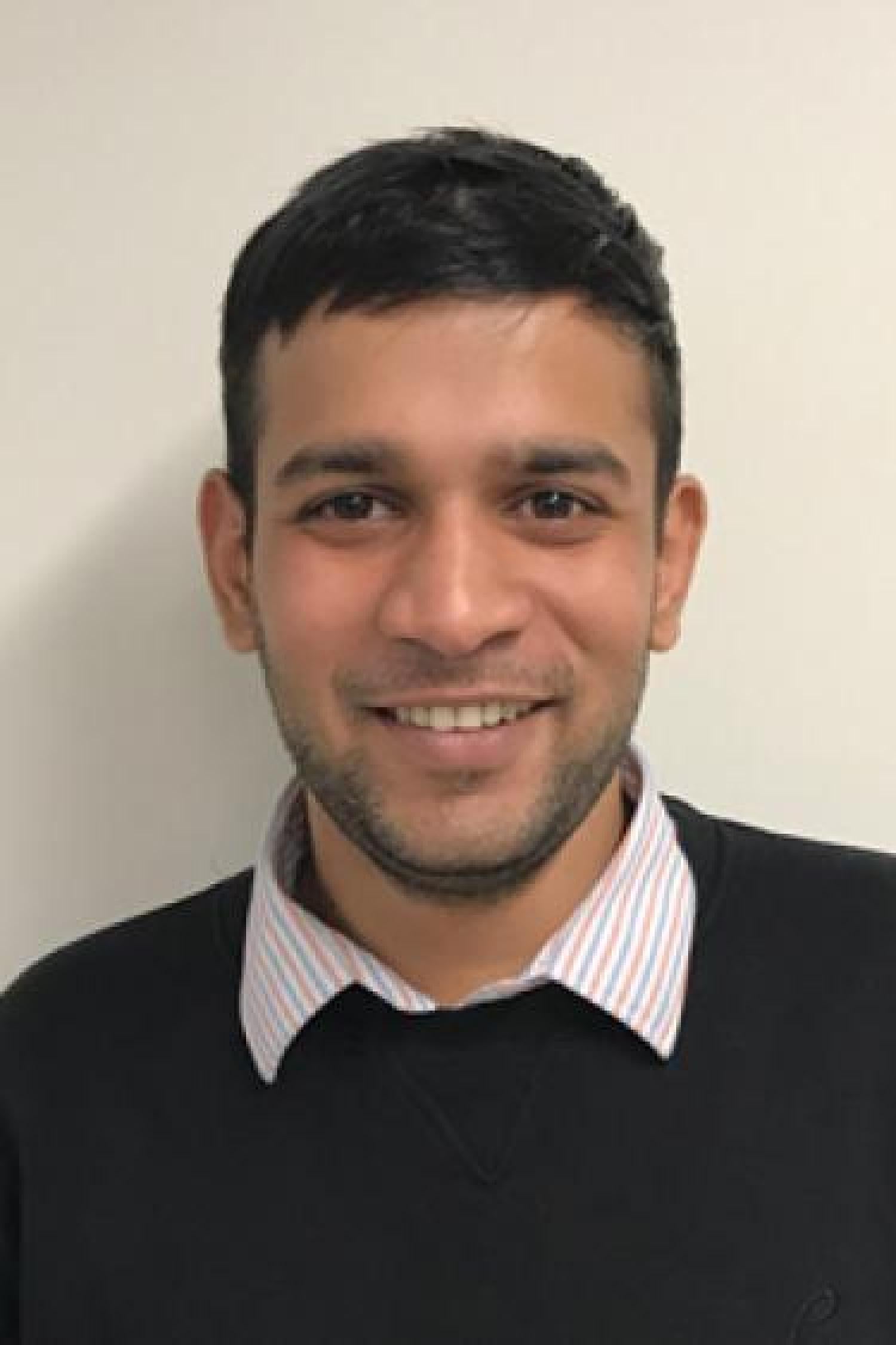MSE Student Profile: Karan Dikshit

Karan Dikshit
Karan Dikshit is a fourth-year PhD candidate in the Materials Science and Engineering Program studying under Assistant Professor Carson Bruns in the Emergent Nanomaterials Lab. He is also affiliated with the Paul M. Rady Department of Mechanical Engineering and ATLAS. He is originally from Pune, India.
What brought you to CU Boulder?
I started graduate school in another materials science and engineering program that focused on conventional hard materials, all the way across the country on the east coast. I transferred to CU Boulder a semester later because I missed my fun, squishy, soft materials. For those who do not know, CU Boulder is one of the best schools for soft materials research as is evident from its focus on lithography and liquid crystals. I did not know how pretty Boulder is before coming here. I am very happy that I did.
What is the focus of your research thus far? What problems do you hope to solve?
My current research — even before graduate school — has focused on structure property relationship establishment of polymers. I synthesize my own polymers — called polyrotaxanes, which can be imagined as molecular necklaces — and characterize them using chemical and mechanical techniques.
What attracted you to the MSE Program?
I joined the MSE Program only because of the amazing soft matter research. The MSE Program allows you to choose your sub-track of interest and choose coursework accordingly which makes it a lot less stressful to get done with classes and focus on research.
How has the program benefited your research?
By virtue of being in the MSE Program I have met and collaborated with a lot of super-smart people, and I have learned many new techniques, ideas and perspectives.
What is a problem or challenge you encountered as a student here, and how did you overcome it? Who gave you a helping hand?
I started working with a freshly minted PI so, while we were building our lab up, I needed access to a lot of different equipment that we did not have then. The MSE student community, at large, helped me find labs that had the equipment I needed. That helped get my research started very early on.
How do you strike a balance between your work as a student and your personal life?
The program not only allows but encourages students to have a good work-life balance. I try to treat my PhD as a regular 9-to-5 job and stick to those hours for work. It’s not always possible to contain all the work in those hours, but I try.
Why might you recommend MSE to students considering a graduate program in science and engineering?
People applying to graduate schools should look at MSE because it’s an amazing program to be part of. Even though it is a relatively new program, it has produced a lot of great researchers and many of them have won the prestigious NSF-GRFP fellowship. I would recommend the MSE program to students because it is a very academically rigorous program which allows for flexibility in choosing your subjects and is in Boulder, Colorado. What more does one want?
Where might you want to go next (industry, academia, national lab, etc.)?
I recently completed a summer internship in a company, and I loved the work environment. I’m sure I will be going to industry after my PhD.
What do you do for fun or in your spare time (if you have any!)?
In my spare time I love spending time with my wife and cooking — or, rather, learning new recipes from my wife. I love racquetball and badminton and I try to play at least once a week. I have started learning golf and I hope to play more of it.

